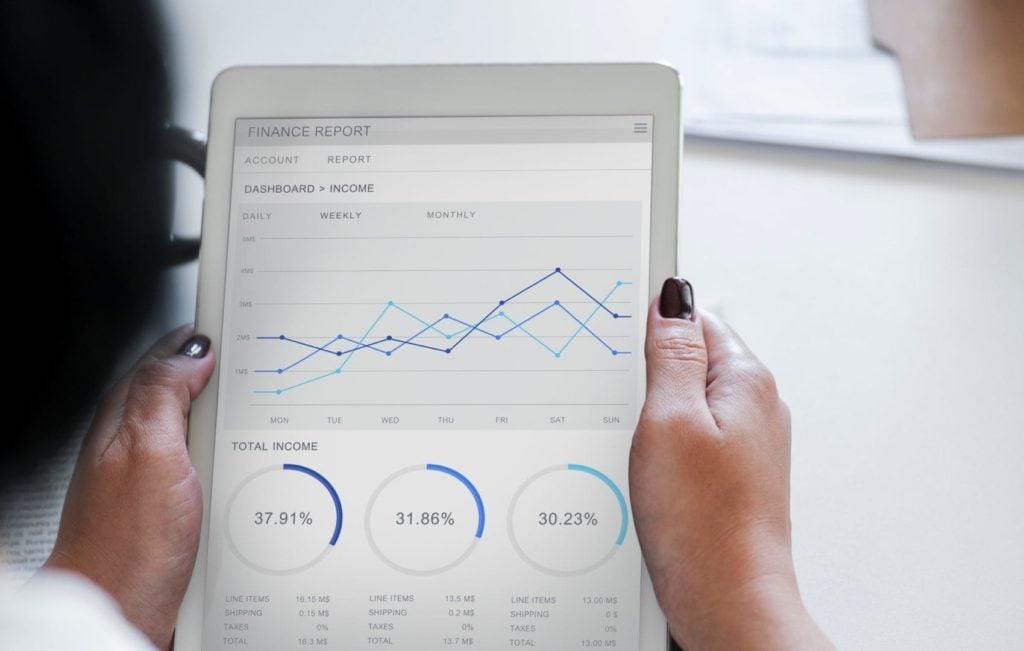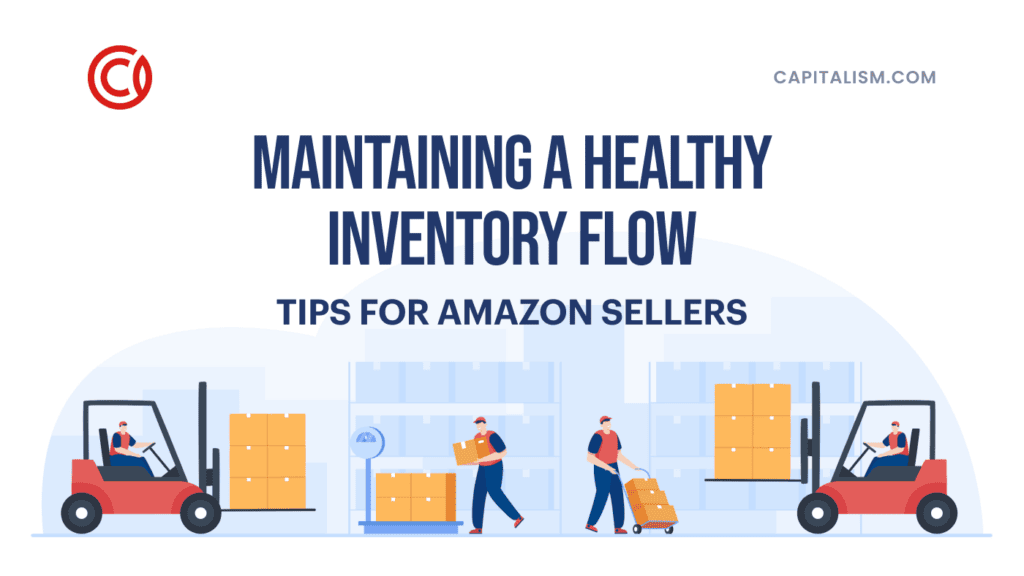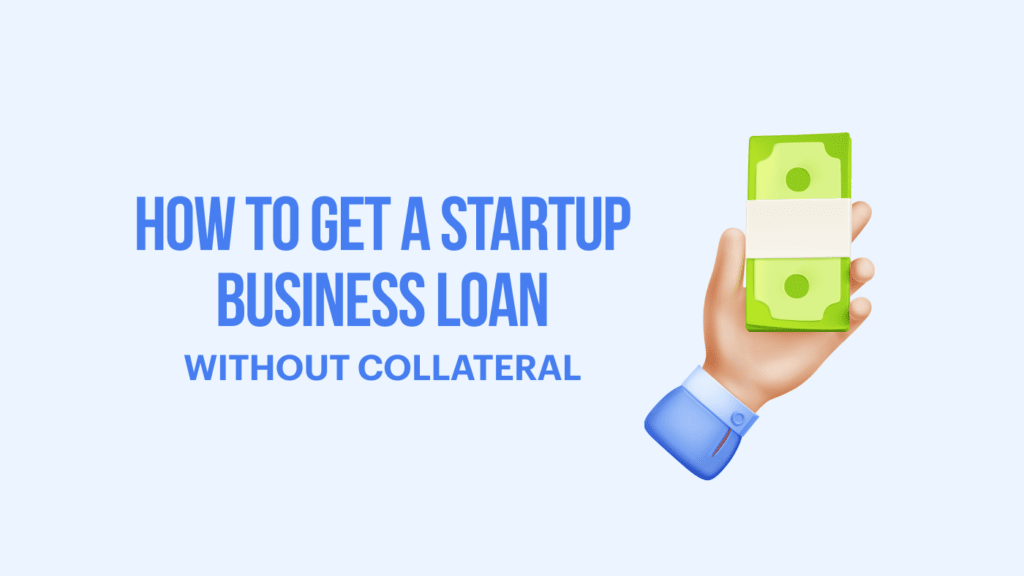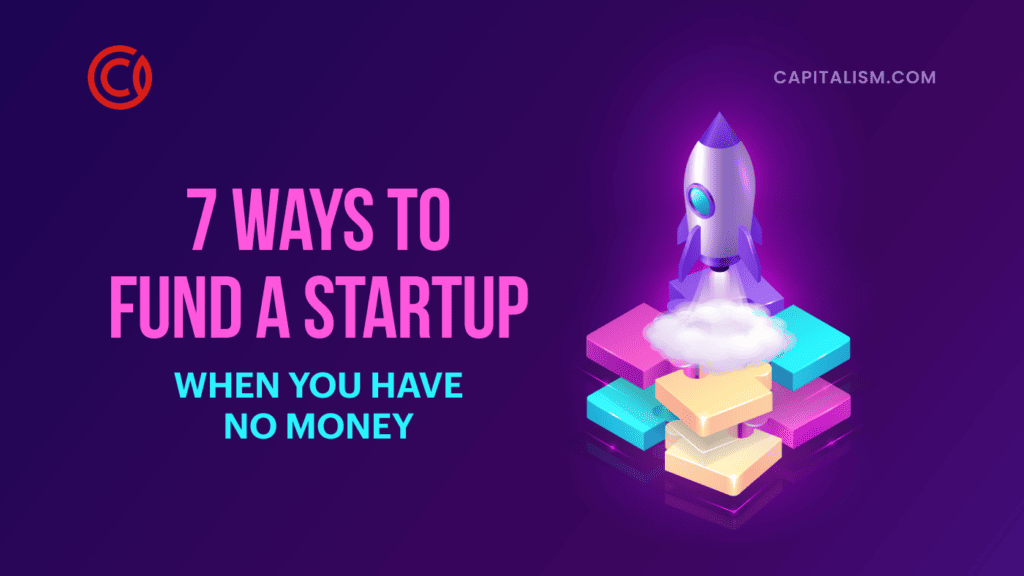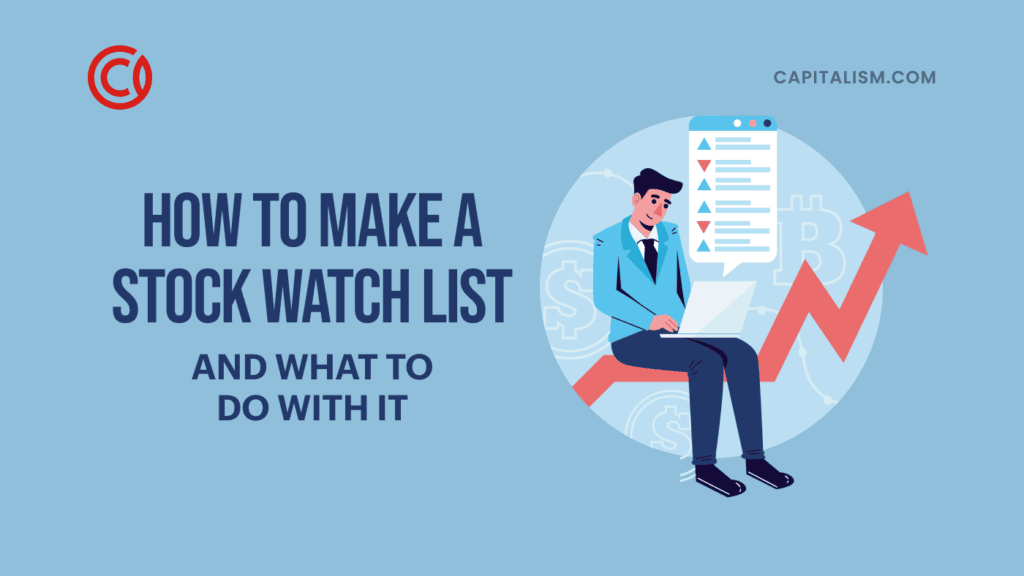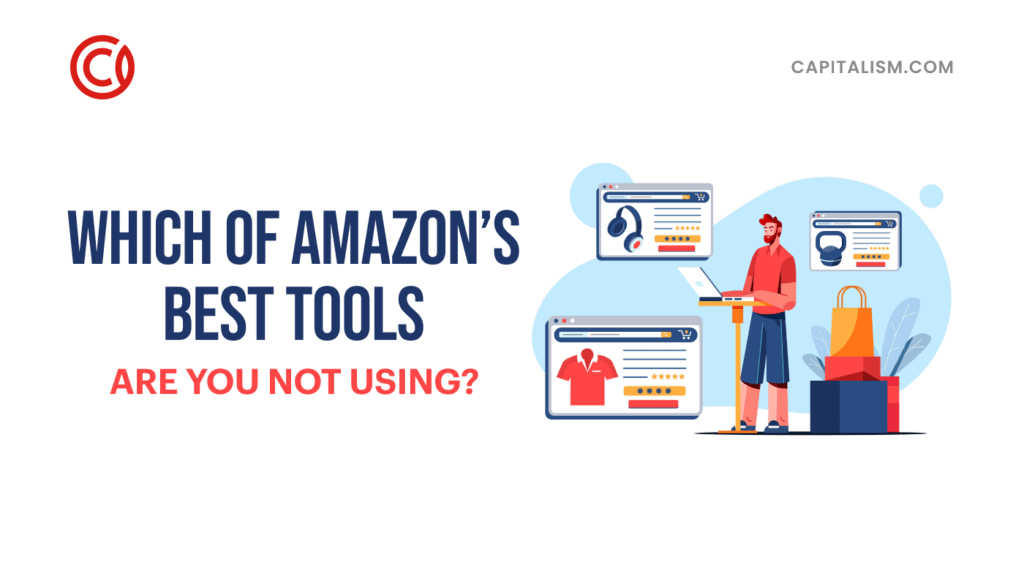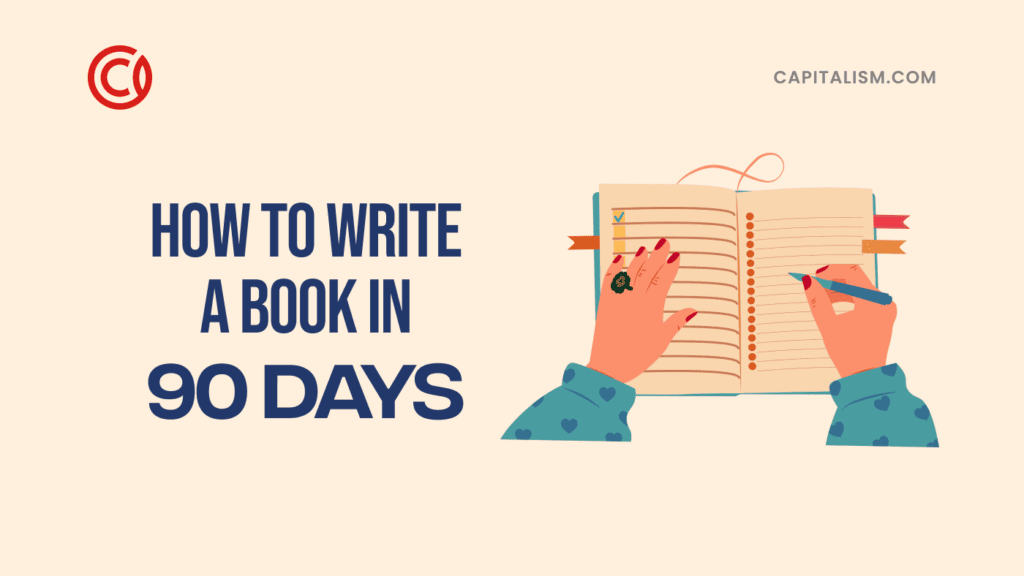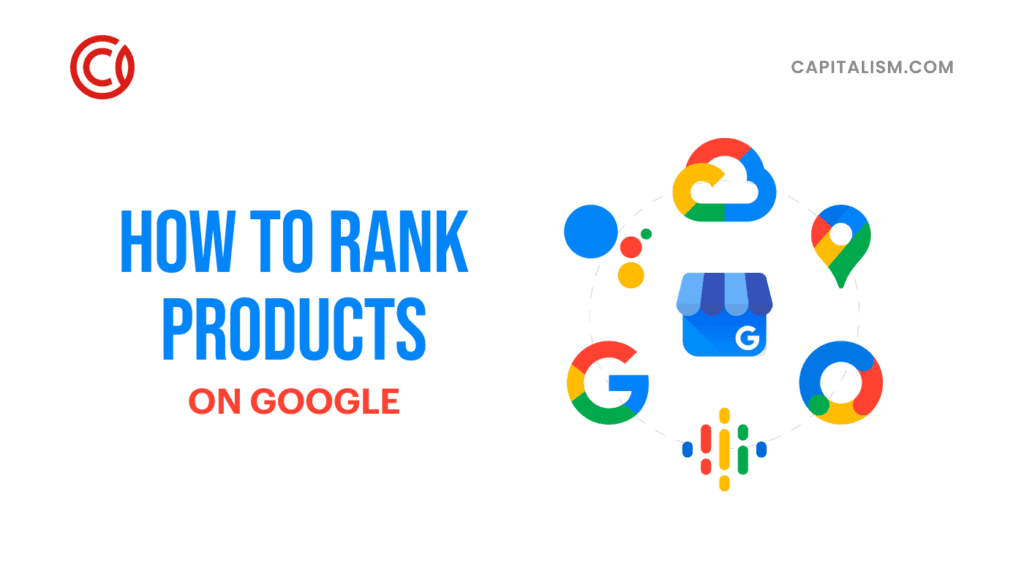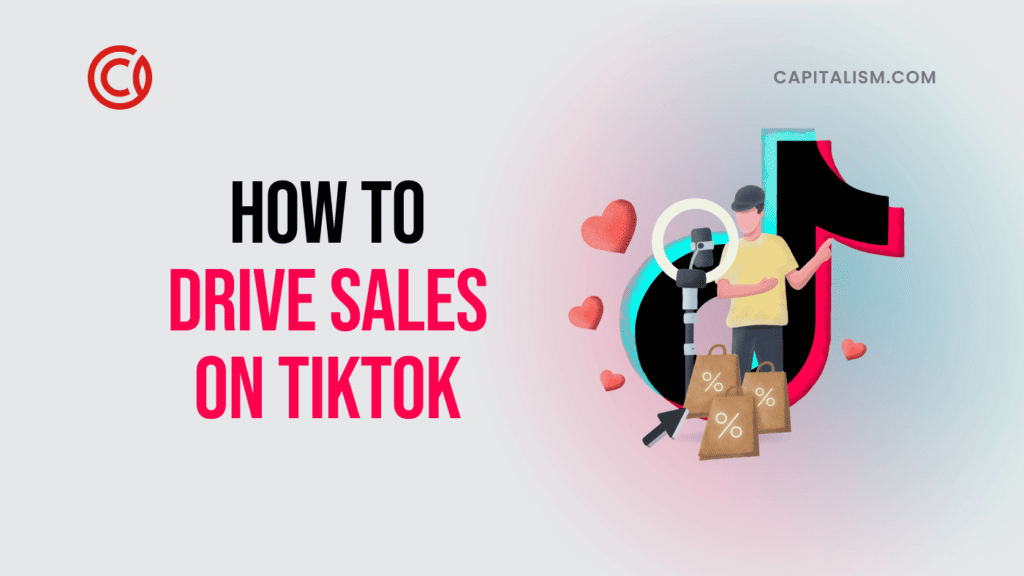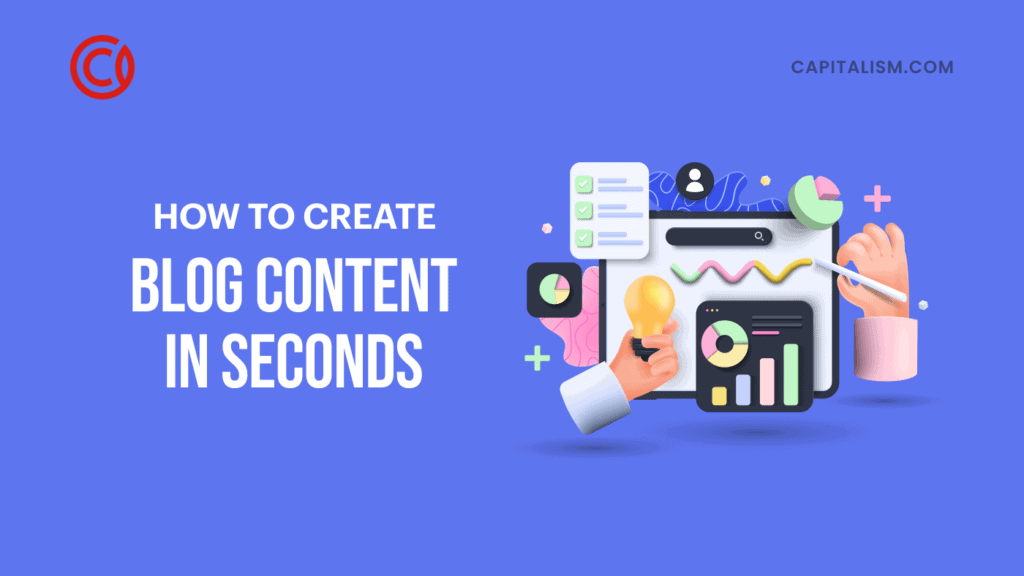So you have $50,000 and you want to invest your nest egg into something that will bring you a decent return on investment - or at least not jeopardize your savings. Freedom Fast Lane founder and entrepreneur Ryan Moran notes $50,000 won't change your life necessarily, but it is enough to give entrepreneurs the option to take more profitable strategic risks (REITs, stocks, bond, rental properties). $50,000 is also a good amount to reinvest into your businesses for long-term strategic growth ie. boosting website traffic or sponsoring influencers to promote your products to potential customers. Let’s take a look at how to maximize your return on investment (ROI) with $50k, and what it could do for you.
Investing Back Into the Business
If you are an entrepreneur, $50,000 is a good chunk of change to place into your business and expedite its growth. One popular way to do this is to boost traffic to your website. The more visitors, the more opportunities to sell your products. There are dozens of methods and tools that can accomplish this. Research the methods that make the most sense for your particular niche.
Do you have a particular celebrity or influencer that would be the perfect ambassador for your products and services? A portion of that $50k could go towards sponsoring key influencers to plug your products to their followers and subscribers. Be sure to research potential influencers before reaching out to them or their representatives. How do you pick the best influencer for your products?
- Research Influencer Demographics: This is easy. If your website sells women’s products, ensure the influencer’s audience is comprised of the type of women your products will appeal to.
- Look at Other Products the Influencer Is Promoting: Are these products similar to your products, in the same price point or targeted to similar audiences?
- Is the Influencer’s Brand in Alignment with Your Brand: If your brand is edgy and alternative, find an influencer with the same energy and spirit?
The $50k example:
Top 6 Places to Invest Outside Your Business
Entrepreneurs are often searching for investment opportunities outside of their own businesses, and the best part is you don’t have to have hundreds of thousands to make some serious cash. $50,000 is more than enough to sow the seeds necessary to reap high returns quickly. Of course, you don’t want to take the entire sum and throw it into one revenue stream, most investment specialists agree that incremental investment in dividend-paying items is the safest option for beginners. Here are 6 popular options of how to maximize return on investment that only require small amounts of cash to get started.
Emergency Fund
Before making any investments, create an emergency fund. A proper emergency fund ensures that you have enough liquid cash available in case of an emergency or loss of income. The general rule is to have three to six months of living expenses saved. Many people elect to place their emergency funds in their savings accounts. For example, if your monthly cost of living is $2,200 per month. An initial emergency fund would be $6,600. However, many savings accounts earn less than 1% interest per year. Consider placing your emergency fund into a CD (certificate of deposit). CD terms are flexible and can be for as little as six months to five years and can develop higher interest than a regular savings account. Just remember you won’t be able to dip into your CD without penalty before a certain date.
Invest in Bonds
Bonds can add stability to your portfolio through predictable interest payments that are more reliable than investments in the stock exchange. Small investors can look into bond funds that specialize in bonds like the US Treasury bonds, corporates, municipals and convertibles or invest in all of them over time. Each type comes with its own regulations, penalties, and interest rates so do your research before buying in.

Stocks
As a small investor, you can start to make passive income with stocks through index funds. Index funds are an investment in an actual index of stocks, like the S&P 500. This gives you access to a broad market of products without the risks associated with betting on individual stocks. Plus index funds are usually held through exchange-traded funds, or ETF’s. ETF’s are low-cost, no-load funds that aren’t actively traded which makes them perfect for buying and holding for long-term investing.
Peer to Peer Lending
According to LendingClub, individuals who need and qualify for a loan will have their loans listed on the marketplace where others can invest in the loan. Investors then get access to the interest these borrowers pay. The good news is that some notes cost as little as $25. This gives you the opportunity to invest in multiple loans. With a $5,000 investment you can purchase a small piece of 200 different loans. LendingClub’s investment reports indicate that 99% of investors with 100 loans or more see a positive return.
Real Estate Investment Trusts (REITs)
REIT’s work a lot like mutual funds and give individuals the chance to invest in real estate portfolios. The advantage of REIT’s over buying your own investment property is that you are not financially tied to the success of one property. Good investors see returns from a variety of properties from office buildings to apartment complexes. REIT’s generally pay dividends to investors using rent collected from leasing properties.
Roth IRA
If you ever plan on retiring, look into opening a Roth IRA. If your job doesn’t provide a 401K or pension, then a Roth IRA could be the perfect protection for the future. If you have $50,000, consider putting some of that toward a Roth IRA since it leaves you free to access your money with little restrictions or withdrawal penalties. Plus you won’t pay a single dollar in taxes on the money put in (there is a penalty on interest earned for early withdrawal).
Whether you choose to invest back into your business or decide to explore the market be smart with your money, the good news is that the financial sector has a plethora of products and opportunities to invest small sums of cash that reap big rewards over time.
